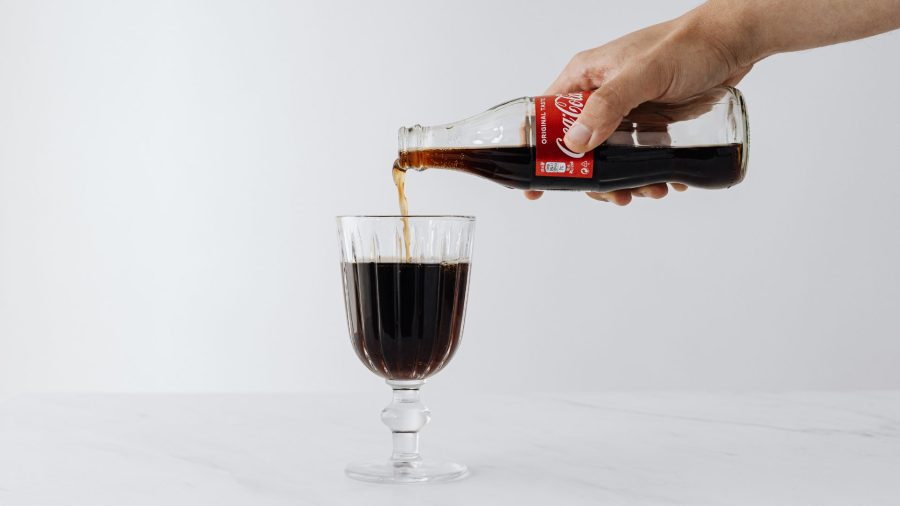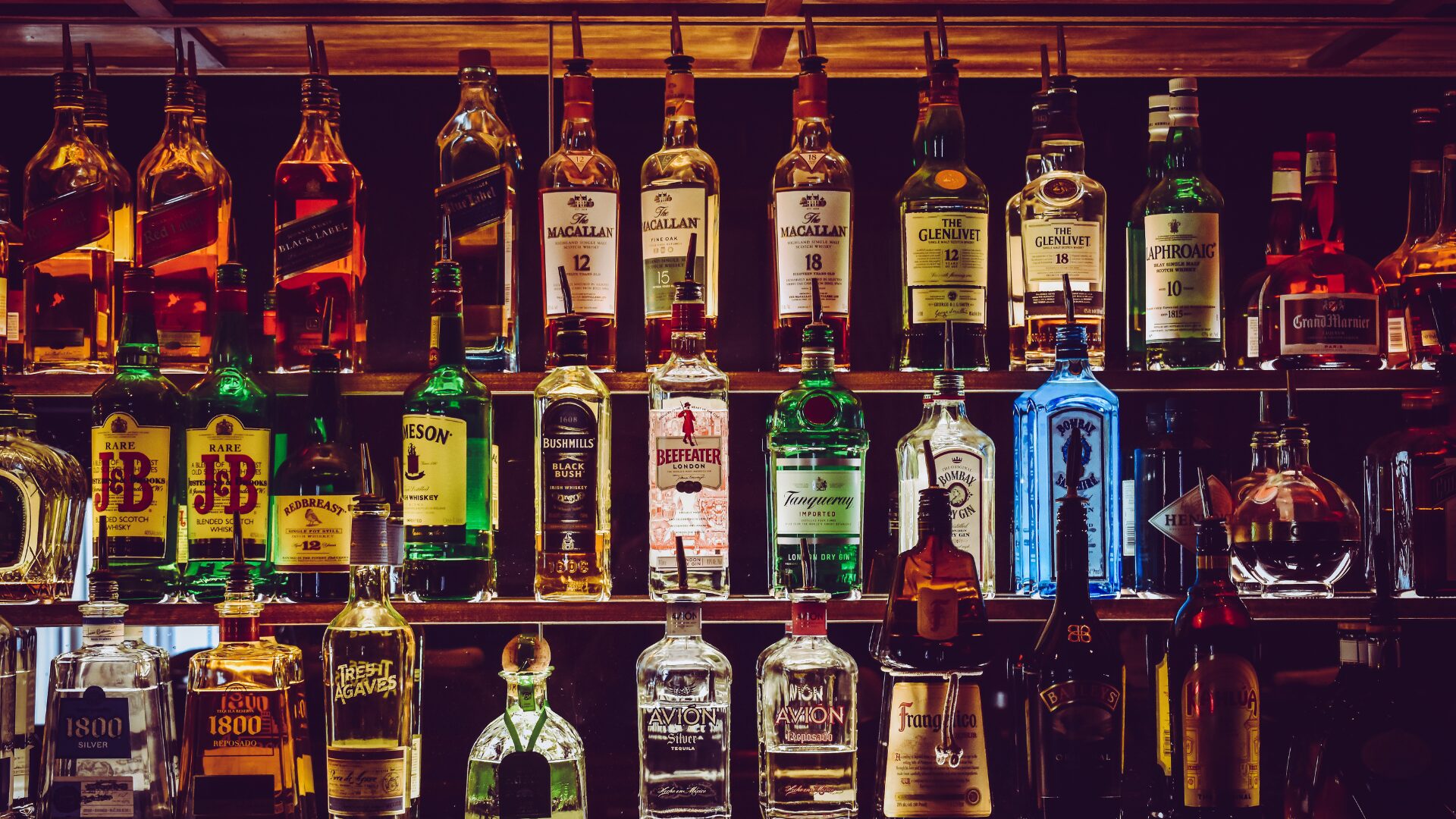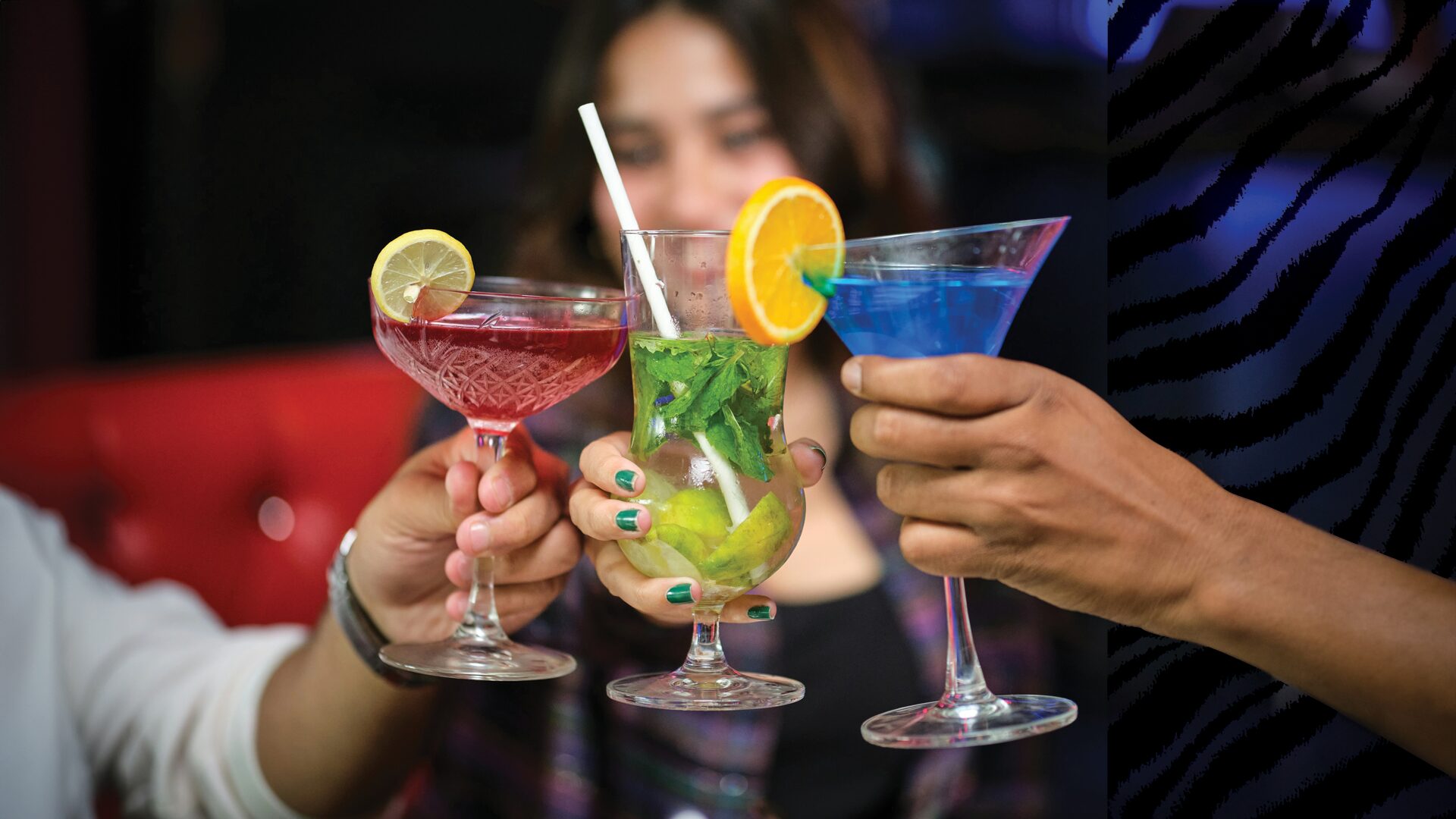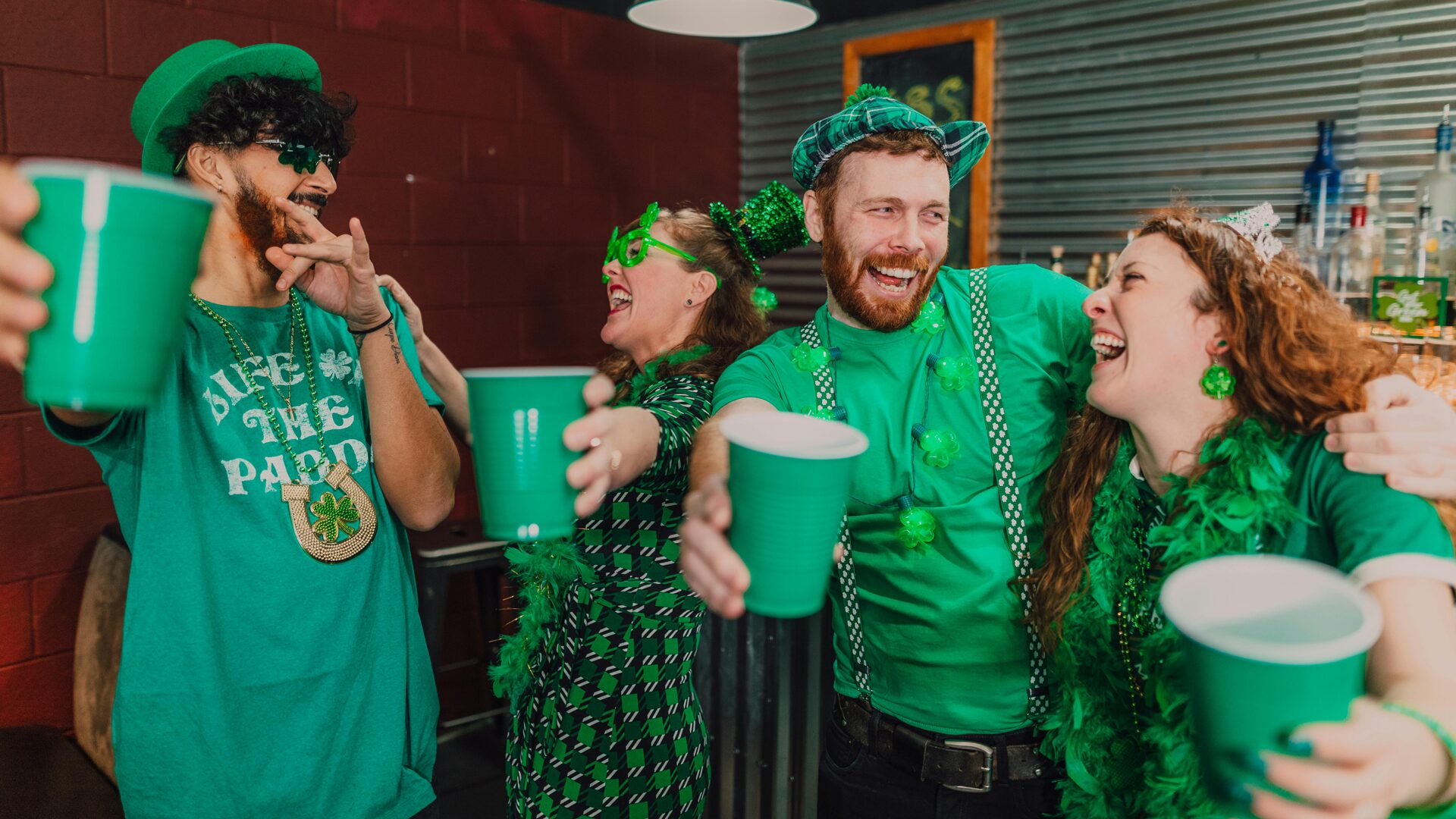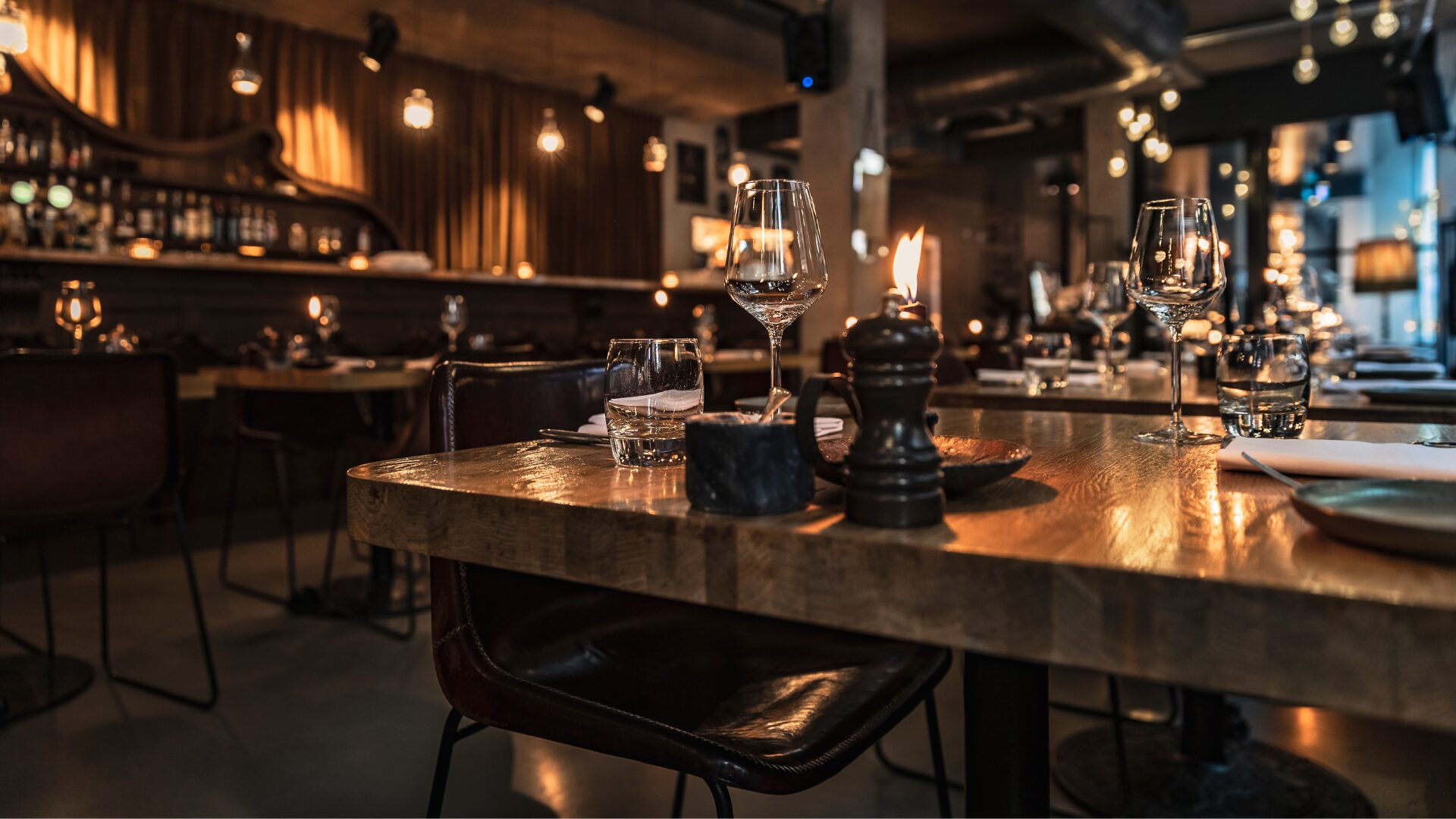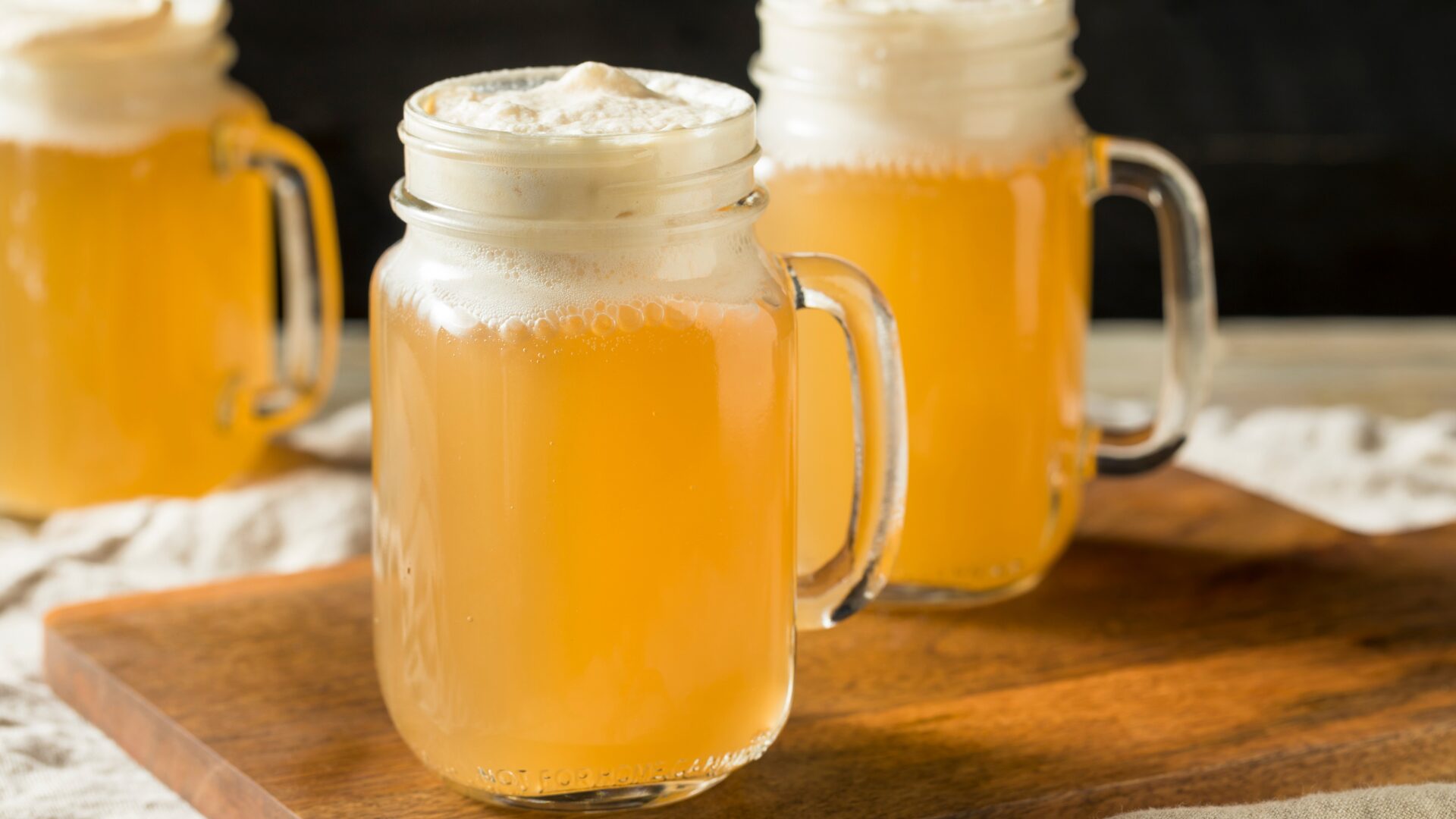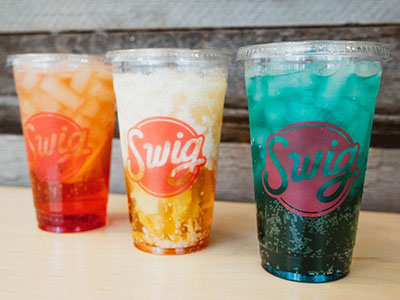The term “sober curious” has become part of the national lexicon in recent months. What is it, exactly?
“Sober curious” is a social wellness movement that involves self-selecting out of alcohol consumption at times, without abstaining from drinking altogether. This movement encourages individuals to explore their relationship with drinking, as well as the physical and mental benefits that may come from shifting their focus away from alcohol.
Rather than quitting drinking cold turkey, the key component of a sober-curious lifestyle is for consumers to bring more mindfulness to their drinking habits. According to Sarah O’Brien, an Addiction Specialist with Ark Behavioral Health, sober curiosity is a judgment-free practice that allows room for growth and failure, with an emphasis on alcohol moderation.
For those looking to more closely manage their alcohol intake, the sober-curious movement provides an approach that is unique from addiction recovery or abstinence. Regardless whether an individual drinks heavily or frequently, the mental and physical benefits associated with reducing alcohol intake are attractive to most health-seeking consumers.
According to the National Cancer Institute, even one drink a day is associated with an increased risk of a variety of cancers. Recent revisions of the federal government’s dietary guidelines surrounding alcohol intake have brought recommendations up to speed with current health research to reject outdated claims that moderate drinking may promote health, according to a 2020 New York Times article.
For 40 years prior to revisions made to the 2020-2025 Dietary Guidelines for Americans, guidelines stated that evidence existed to support moderate drinking as a means to lower the risk of heart disease, for example.
CANNABIS A FACTOR?
In tandem with updated federal health guidelines that urge alcohol moderation more than ever, relaxed state laws surrounding cannabis use and possession may also be contributing to growth of the alcohol sober curious movement.
According to new data, Gen Z is increasingly embracing cannabis. Led by trends like the sober-curious movement, cannabis is growing in popularity among adults in their early 20s, with Gen Zers comprising 25.8% of new cannabis customers in 2021, according to the State of Cannabis report by Eaze, a marketplace for legal cannabis.
In response to the growing demand for alcohol-free experiences, numerous zero-proof brands and bars continue to succeed.
ALCOHOL-FREE SPIRITS GAIN STEAM
Seedlip, the world’s first distilled non-alcohol spirit company, has generated 170% growth year-over-year since launching, according to The Financial Times. With packaging, branding, and a price-point that emulates that of premium gin, Forbes reports that Seedlip bottles can be found on the shelves of Michelin star restaurants and consumers’ homes alike. Now distributing to over 25 countries, this zero-proof start-up championed the sober curious category early on.
Meanwhile, Sharelle Klaus told The Food Institute she invented non-alcohol, ready-to-drink beverage brand DRY because throughout her pregnancies with four kids, she felt underwhelmed and left out by the sugary, highly-processed non-alcoholic beverages that were available. DRY aims to create experiences that make people feel included and elevate social drinking, she said.
EVOLVING BAR SCENE
Chris Marshall, owner of Sans Bar, told Sunny Skyz he’s confident establishments like his can find success across the country by maintaining the important aspects of a quality establishment, such as music, social connection, and community, in a zero-proof inclusive environment.
Some may argue that the most important aspect of a good bar is a good drink, and the bartenders at zero-proof pop-up bar Suckerpunch in Portland, Oregon agree. Suckerpunch bartenders and owners believe consumers choosing not to drink alcohol don’t need to miss out on complex and innovative drinking experiences, and deliver with an vast menu of bespoke cocktails. Suckerpunch accrued a mailing list of 30,000 curious consumers prior to opening its doors, which the owners attribute to people becoming increasingly health-conscious and sober-curious throughout the pandemic.
In addition to zero-proof bars popping up across the country, alcohol-optional bars (where the default recipe for cocktails does not include alcohol, but patrons may opt into adding alcohol if they choose) are growing in popularity, as well. Washington, D.C. mainstay Columbia Room has embraced the growing movement by providing an alcohol-optional menu that arguably surpasses their traditional cocktail menu in terms of creativity.
Laura Silverman, founder of the blog group ‘Booze-Free in DC’, told WUSA9, “for the longest time there wasn’t anything for adults who wanted to have a booze-free option but still feel sophisticated like a grown-up or part of the crowd.”


